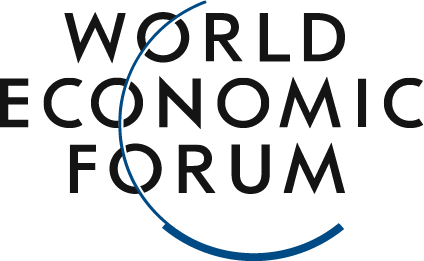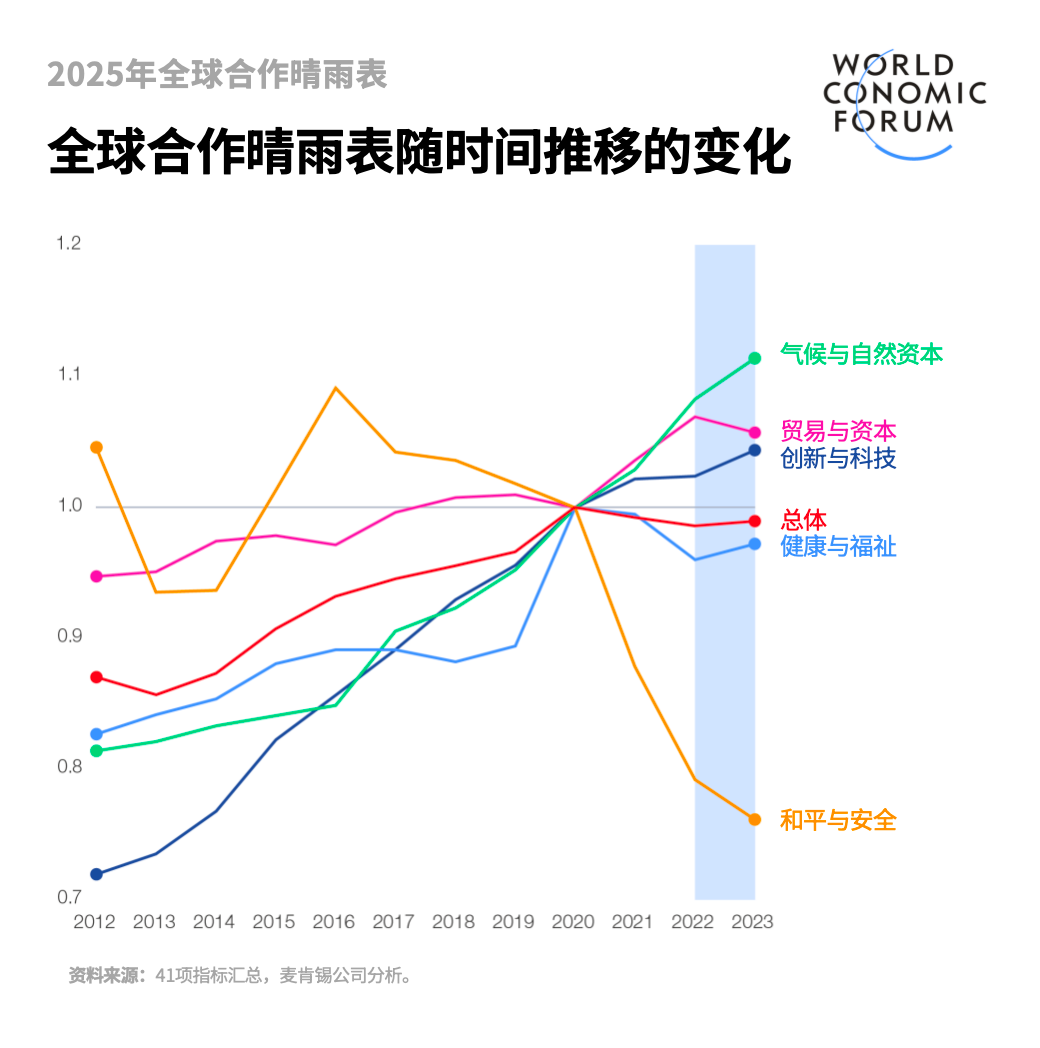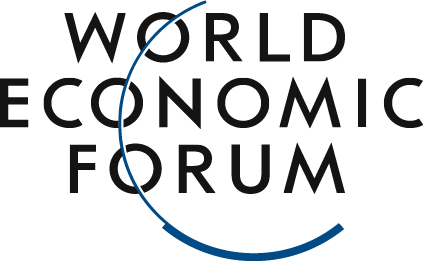A report from the World Economic Forum reveals that global cooperation levels have not shown positive growth in recent years.
Image source:Reuters/Mahmoud Issa
Spencer Feingold
Digital Editor, World Economic Forum
A report from the World Economic Forum reveals that global cooperation levels have not shown positive growth in recent years.
Serious challenges continue to threaten the global economy, leaving it still far from making progress.
However, there are still some areas where cooperation holds bright prospects.
A new report from the World Economic Forum reveals that, after nearly a decade of consistent positive trends, global levels of cooperation have stalled.The "2025 Global Cooperation Barometer" notes: "As the world transitions from the post-Cold War era of relative global stability into a new, more volatile and unpredictable period, political and geopolitical turmoil could undermine efforts toward global cooperation."The Barometer is jointly released by the World Economic Forum and McKinsey & Company, ahead of the World Economic Forum's Annual Meeting 2025.The Barometer uses 41 indicators to provide a comprehensive analysis of global cooperation, covering five key dimensions: Trade & Capital, Innovation & Technology, Climate & Natural Capital, Health & Well-being, and Peace & Security. These five pillars were chosen because of their profound impact on global development—and because they clearly depend on collaborative efforts among nations to be realized.The report notes that the primary reason for the stagnation in cooperation levels is the deterioration of global peace and security. However, it also highlights that collaboration in other areas continues to show signs of steady growth and vitality, underscoring the ongoing high need for cross-border partnerships.“Leaders from the public and private sectors are facing a new sense of urgency, calling for deeper collaboration to achieve critical global goals that they cannot advance on their own.”Overall, the report provides indicators for both those who remain optimistic about global cooperation and those who are more pessimistic.The optimist's perspectiveA key highlight of this year's barometer was the discussion surrounding the level of collaboration on climate and natural capital. While climate action remains insufficient, cooperation continues to show a positive trend.The report highlights that global cooperation aimed at reducing emissions, safeguarding natural capital, and addressing the impacts of the climate crisis is showing positive momentum, with public and private sector climate finance flows reaching record levels in recent years. This surge in climate-related financing is playing a crucial role in accelerating the growth of low-carbon technology industries.This indicator states: "The deployment of solar and wind energy has prevented what would have otherwise been an increase in electricity demand for coal and natural gas, while the adoption of electric vehicles has kept oil demand lower than it might have otherwise reached."Global innovation and technological cooperation are also showing positive trends. This pillar highlights that the digital transformation of the global economy is fostering collaboration and will "continue to drive the worldwide adoption of new technologies."For example, the price of lithium-ion batteries dropped in 2023. The report noted that this price decline was partly driven by innovations in exploration and mining technologies, which boosted the supply of critical minerals. The report added that the falling prices led to a 30% increase in the deployment of these technologies.This indicator also reveals that key health metrics—such as child mortality rates and life expectancy—are improving in the wake of the COVID-19 pandemic. Moreover, biomedical innovation and cutting-edge technologies continue to advance, holding promising prospects for enhancing disease detection, diagnosis, and treatment.The pessimist's viewpointGlobal cooperation stalling could lead to dire consequences for the global economy and people around the world."Last year, expected to become the hottest on record amid stalled progress, saw the global economy at historically low levels, while global security faced a critical crisis," the barometer noted. "The world is now entering a more volatile phase, driven by electoral discontent and intensifying geopolitical competition."The deterioration in global levels of peace and security cooperation remains severe, having the most significant impact on the overall barometer results. The report highlights that peace and security cooperation has been declining for seven consecutive years, with all indicators under this pillar now below pre-COVID-19 pandemic averages.The report highlights that wars and conflicts continue to rage in global hotspots such as the Middle East, Ukraine, and Sudan. In 2024, the number of people forcibly displaced is expected to surpass 122 million, an increase from last year's 118 million in 2023.Moreover, major international institutions have largely failed to curb ongoing conflicts or prevent new ones from breaking out. For instance, according to an analysis by the International Peace Institute, the UN Security Council passed fewer resolutions in 2023 than in any year since 2013—and no new UN peacekeeping operations have been authorized since 2014.The report states: "The international community's inability to unite in preventing or stopping the escalation of violence represents the most serious challenge to the current state of global cooperative efforts."The trade and capital investment pillars of the barometer also showed negative trends. The report noted that the decline in cooperation was primarily driven by reduced commodity trade between China and developing economies.The barometer also warns that "escalating trade restrictions, particularly in critical innovation areas like low-carbon technologies, pose a significant risk to global cooperation and the achievement of the global Sustainable Development Goals." Currently, only 17% of the UN Sustainable Development Goals are on track to be met by the 2030 deadline.Additionally, the barometer also points out that the positive trend toward global cooperation remains insufficient.For instance, under the Climate and Natural Capital pillar, the report adds: "Despite these advancements, the world is still far from meeting the requirements of a net-zero emissions scenario." Meanwhile, regarding Health and Well-being, the report notes: "Collaborative efforts to reduce [challenges] could ultimately hinder health outcomes," highlighting that "indicators tied to cooperative actions—such as cross-border aid and pharmaceutical R&D—have continued to decline since 2020, though they remain higher than pre-pandemic levels."Restoring Global CooperationGlobal cooperation remains essential for addressing the various challenges facing the world.The report states: "Resilience, security, and the foundation for growth lie in collaboration. Therefore, leaders should ask themselves not whether they should collaborate, but rather how they can collaborate effectively."The report urges leaders to embrace a flexible, adaptive approach, swiftly pivoting when opportunities arise, while also not overlooking even seemingly small collaborative chances—and to consider structurally breaking down risks to enhance resilience and reduce exposure.Continuing down the same ineffective path will only deepen mistrust—not only among partners and leaders, but also between leaders and voters. However, adopting a flexible approach and shifting toward collaborative solutions can not only deliver results but also rebuild trust among voters, creating a positive feedback loop: as trust in cooperation grows, new opportunities for shared, innovative solutions emerge.
The above content solely represents the author's personal views.This article is translated from the World Economic Forum's Agenda blog; the Chinese version is for reference purposes only.Feel free to share this in your Moments; for reprints, please leave a comment at the end of the post or message us via our official.
Editor: Wang Can
The World Economic Forum is an independent and neutral platform dedicated to bringing together diverse perspectives to discuss critical global, regional, and industry-specific issues.
Follow us on Weibo, WeChat Video Accounts, Douyin, and Xiaohongshu!
"World Economic Forum"






